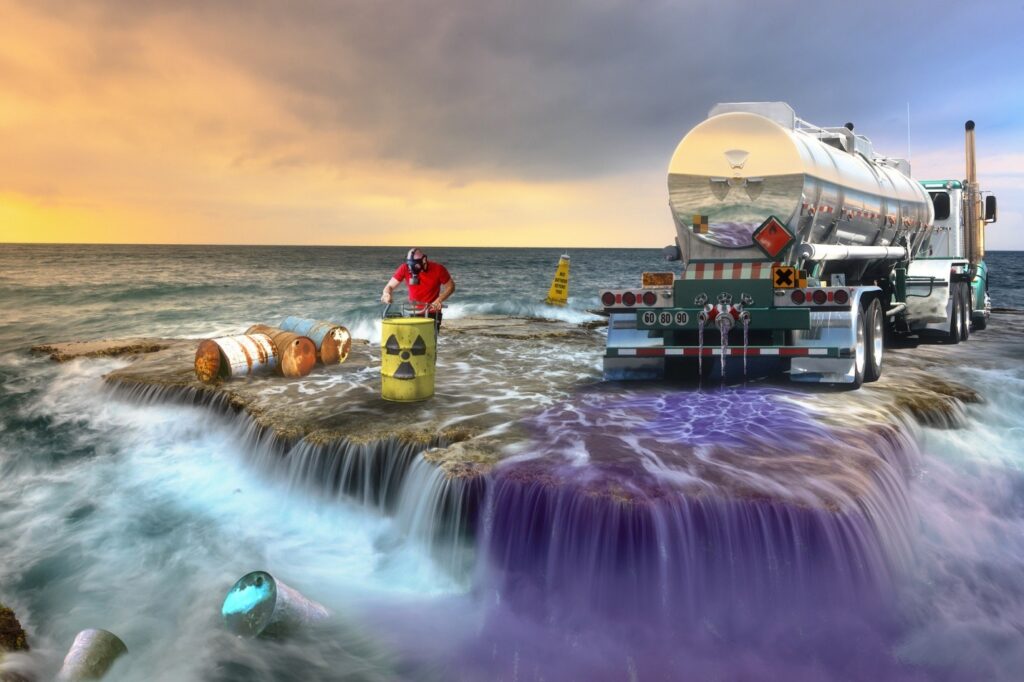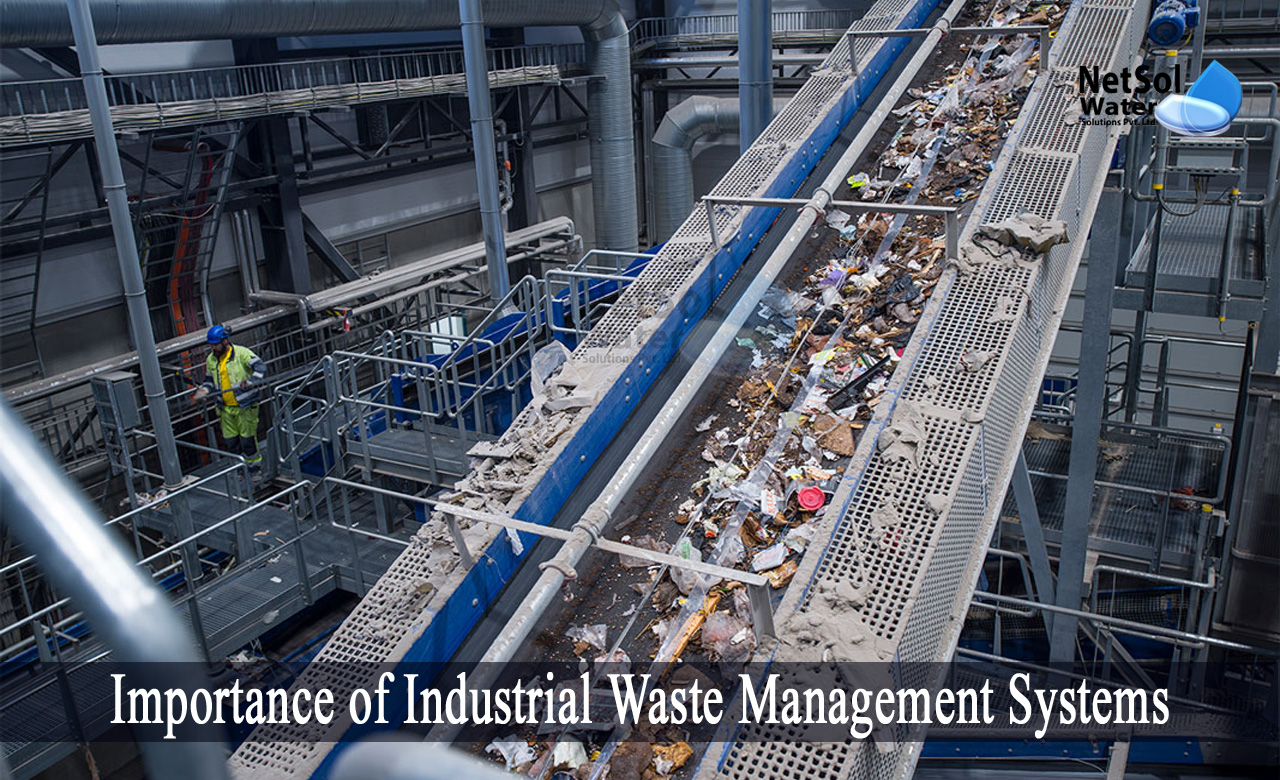The 10-Second Trick For Reclaim Waste
The 10-Second Trick For Reclaim Waste
Blog Article
The Reclaim Waste Ideas
Table of ContentsGetting My Reclaim Waste To WorkReclaim Waste - QuestionsExcitement About Reclaim WasteReclaim Waste Things To Know Before You Get ThisThe Ultimate Guide To Reclaim Waste
Discover the kinds, occurrences, and types of fluid waste. Residential sewage waste refers to the waste and products from a household septic system. This type of waste is developed by humans in houses, institutions, and various other buildings. This only consists of septic systems that have a drain area. The proper monitoring and disposal of residential sewage waste need fluid waste to be moved to a sewage therapy plant where the proper approaches and tools are used to cleanse and get rid of waste.
Industrial waste typically consists of potential dangers, such as combustible materials or a blend of liquid and strong waste products, and needs an advanced and detailed disposal process. The disposal of industrial waste typically includes the purification of waste prior to transportation to make certain safe and appropriate disposal. Hazardous waste is created from results and runoff of industrial processes and manufacturing.
This type of waste can not make use of the very same sewage management transportation or processes as septic or industrial fluids. The hazardous waste administration procedure calls for the inspection and testing of liquid waste before it undergoes the disposal procedure (liquid waste removal melbourne). Overflow waste is the liquid waste that comes from runoff and excess stormwater in highly inhabited areas or cities
Overflow waste can trigger contamination and flooding if not dealt with appropriately. Discover more regarding sewer cleaning and waste monitoring. Ensuring proper waste monitoring can protect against calamities and lower environmental harm. Both individuals in household setups and experts in industrial or production sectors can profit from understanding the processes and policies of liquid waste management.
A Biased View of Reclaim Waste
Call PROS Services today to learn more about our waste administration and disposal solutions and the appropriate ways to care for the liquid waste you create.
(https://reclaimwaste1.wordpress.com/2024/11/12/efficient-liquid-waste-disposal-in-melbourne-reclaim-wastes-expert-solutions/)Do you know what happens to your water when you draw the plug, flush the commode or drain pipes the washing machine? No? Well, it deserves understanding. This so-called 'wastewater' is not just a crucial resource however, after treatment, will certainly be released to our land, rivers or the ocean. Utilized water from toilets, showers, bathrooms, kitchen area sinks, washings and industrial procedures is known as wastewater.

water utilized to cool down machinery or tidy plant and devices). Stormwater, a form of wastewater, is overflow that flows from farming and urban locations such as roofing systems, parks, yards, roads, courses and gutters right into stormwater drains, after rain. Stormwater moves unattended directly to regional creeks or rivers, eventually reaching the sea.
The 10-Minute Rule for Reclaim Waste
In Queensland, most wastewater is treated at sewage therapy plants. Wastewater is transported from domestic or industrial sites with a system of drains and pump stations, referred to as sewerage reticulation, to a sewage treatment plant. Regional governments construct, keep and run most sewer therapy plants. Operators are licensed under the Environmental Management Act 1994 to discharge cured wastewater at an appropriate environmental standard into waterways.
The see this site Department of Natural Resources recommends regional governments about handling, operating and keeping sewage systems and therapy plants. In unsewered areas, city governments may require householders to mount specific or family sewer treatment systems to treat domestic wastewater from commodes, cooking areas, bathrooms and washings. The Division of Natural Resources authorises the use of house systems when they are confirmed to be effective.
The majority of stormwater obtains no treatment. In some brand-new communities, therapy of some stormwater to remove litter, sand and crushed rock has started making use of gross contaminant traps. Wastewater therapy occurs in 4 stages: Removes strong matter. Bigger solids, such as plastics and various other items wrongly released to drains, are removed when wastewater is passed via screens.
Wastewater then moves into huge storage tanks where solids resolve and are removed as sludge. Oil and residue are skimmed from the surface. Makes use of tiny living organisms referred to as micro-organisms to damage down and remove continuing to be dissolved wastes and fine fragments. Micro-organisms and wastes are incorporated in the sludge. Eliminates nitrogen and phosphorus nutrients that can cause algal flowers in our rivers and threaten water life.
Reclaim Waste Things To Know Before You Get This
Nutrient elimination is not readily available at all sewer treatment plants because it requires pricey specialised tools. Clear fluid effluent created after therapy may still include disease-causing micro-organisms - liquid waste disposal melbourne.

This usually means wastewater needs to be dealt with or impurities eliminated before it can be released to rivers. Many wastewater flows right into the sewage system. Under the Act, city governments carry out approvals and permits for eco appropriate activities (Periods) including wastewater releases that could have a local impact. The division provides approvals and permits to ERAs entailing wastewater releases that could have a local or statewide impact.
See This Report on Reclaim Waste
Otherwise, examples are taken for laboratory evaluation. Typically several tests are needed to establish the levels of each of the various toxins such as oils, hefty metals and pesticides in water. Tracking supplies valid details about water quality and can verify that permit problems are being fulfilled. The details gotten through tracking offers the basis for making water high quality decisions.
Report this page